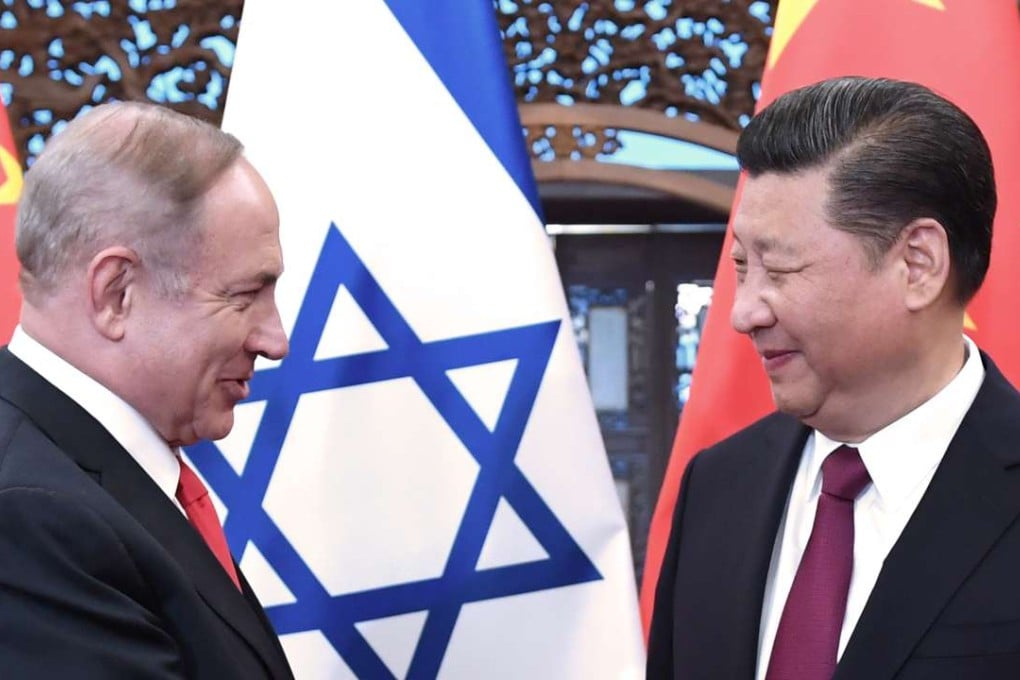Netanyahu asks Xi to exempt Israel from investment curbs
Israeli prime minister says technology deals suffering because of limits on the cash Chinese investors can take out the country

The controversy over China’s foreign exchange restrictions has escalated to the diplomatic level, with Israeli Prime Minister Benjamin Netanyahu calling for exemptions to investment in Israeli technology companies.
Netanyahu made the request of President Xi Jinping during their talks in Beijing on Tuesday. He is the first foreign leader to express concerns over the restrictions imposed last year.
“I said that Israel’s a special case” because it “has significance for technology but it doesn’t have any significance in terms of volume on markets or currencies”, Netanyahu said after the meeting. He added that some start-up deals could not be completed because of the restrictions.
China accounted for about one-third of foreign investment in Israel last year, including the US$4.4 billion acquisition of Israeli social media and mobile games business Playtika.
The world’s second-largest economy introduced strict capital control measures late last year as the US Federal Reserve’s interest rate increase drove up the US dollar index and exerted pressure on the yuan.
The move has raised concerns over its impact on the level of Chinese investment abroad, after years of a buying spree on overseas properties, sports clubs and companies.